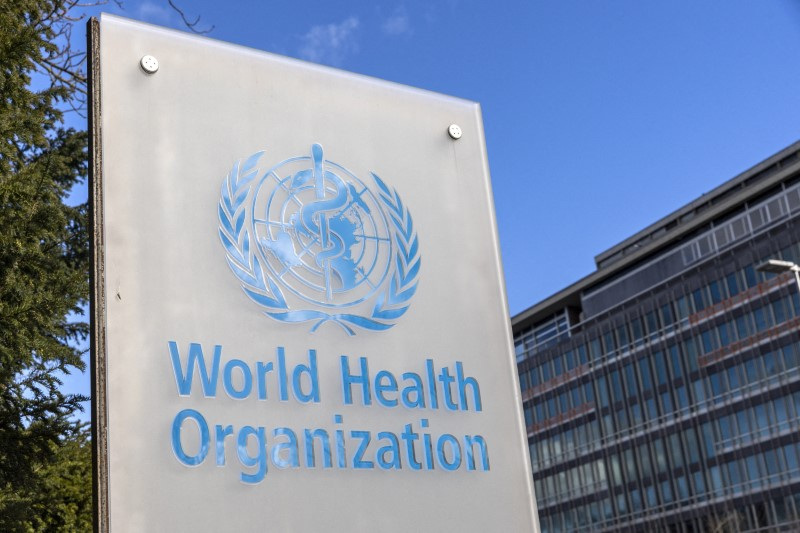By Anna Ringstrom and Julie Steenhuysen
STOCKHOLM/CHICAGO (Reuters) – Global health officials on Thursday confirmed an infection with a new strain of the mpox virus in Sweden and linked it to a growing outbreak in Africa, the first sign of spread outside the continent a day after the World Health Organization . The organization has declared the disease a global public health emergency.
Swedish health officials said at a news conference that the person was infected with the clade Ib-type mpox involved in the recent outbreak during his stay in Africa. The person is being treated.
“The emergence of a case on the European continent could spur rapid international spread of MPox,” said Lawrence Gostin, a public health expert and professor at Georgetown Law in Washington. “One case in Sweden most likely means dozens of undetected cases in Europe.”
Dr. Brian Ferguson of the University of Cambridge said the case in a Swedish traveler was worrying but not surprising given the severity and spread of the outbreak in Africa.
“There are likely to be more here and in other parts of the world as there are currently no mechanisms in place to prevent imported cases of MPox,” he said.
The WHO on Wednesday declared the outbreak in Africa a public health emergency of international concern, or PHEIC, after cases in the Democratic Republic of Congo spread to nearby countries. A PHEIC is the highest alert level of the WHO.
Since the start of the current outbreak in January 2023, there have been 27,000 cases and more than 1,100 deaths in Congo, mainly among children.
Global vaccine group Gavi told Reuters it has up to $500 million to spend on getting shots into countries hit by the escalating MPox outbreak in Africa.
Both U.S. and Canadian officials have said they have not identified any cases so far.
“This is the first clade I mpox case reported outside the African continent,” CDC spokesman David Daigle said in a statement, noting that the agency is closely monitoring the outbreak.
The CDC recently issued a Health Alert Network Update and an updated Travel Health Notice to inform U.S. physicians, travelers, and public health partners about the spread of clade I mpox to countries that have historically not reported cases of mpox.
Clade Ib, the strain of the virus behind the current outbreak, is a new variant of clade I endemic to Congo. Clade Ib appears to spread more easily through routine close contact, including sexual contact.

According to U.S. health officials, Clade I mpox typically causes a greater number of serious infections and has a higher mortality rate than clade II mpox.
In 2022, the WHO declared a public health emergency due to an outbreak of mpox caused by clade II, which led to more than 95,000 cases in 115 non-endemic countries.


